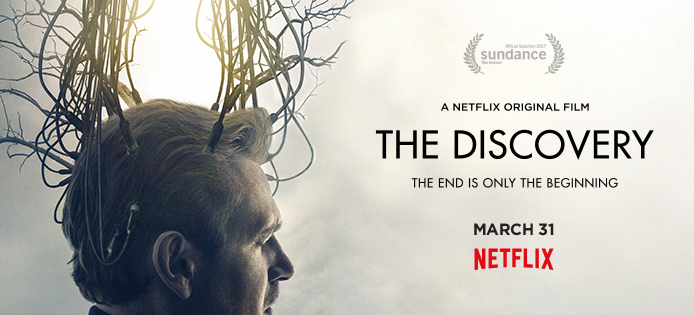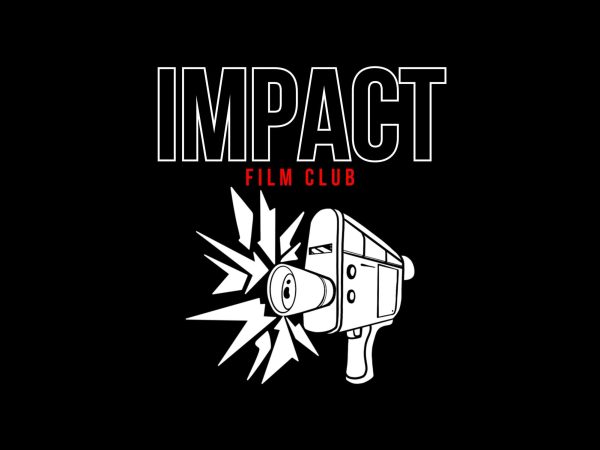“The Discovery” offers an intriguing take on the afterlife
This indie sci-fi flick turns heads with an original premise that dissects the idea of an afterlife.
April 5, 2017
“The Discovery” asks its viewers what would happen if science proved the existence of an afterlife. In the film’s dystopian world, many individuals commit suicide and eventually spiral out into a viral slew of individuals taking their lives in order to “get there.”
Weighty questions, inadequate answers
While “The Discovery” intelligently raises questions on suicide and the afterlife, it ultimately fails to answer those dense questions in the end.
Director Charlie McDowell’s audacious mind bender is an entertaining yet sloppy film at best. With a premise emanating originality and potential, it struggles to identify with its science fiction label as tonal lines are never cleverly blurred. The film plays with comedic aspects but fails to blend with its intended dramatic and thrilling overtones.
“The Discovery” labors with too much within a short time frame. Beyond the science fiction main plot, McDowell implements a love story as well. The romantic dynamic between Jason Segel and Rooney Mara’s characters proves tantalizing, but should have fleshed out to strike hard, as it seemingly aspires at the emotional effectiveness of the kindred “Eternal Sunshine of the Spotless Mind.” A longer film would have accomplished this and would have capitalized on Segel’s and Mara’s exceptional performances.
One extra battle
McDowell has much to say, but not enough room in “The Discovery.” McDowell possessed the ingredients and talent for a unique spectacle, but the final product did not lend the issues surrounding suicide and the afterlife a voice in order to really speak to an audience larger than what most perceive. Yet, the looming and unforgiving reality of suicide and death in “The Discovery” implores us to face our purpose in life, however distressing it may be.
The afterlife, in many cultures, accentuates the finality of human knowledge. The ambiguity of an afterlife stands as the epitome of human naiveté. The “life after” concept equips people with hope, hope that what seems mundane, grueling or egregious in our lives now is only fleeting. There is a comfort in that. This simple belief, however ambiguous, is the launchpad that helps individuals get up in the morning and fight that one extra battle.
Suicide and Christianity
The Christian afterlife deviates from other religious constructs of the concept. Christians seek heaven not only for a new beginning but to glorify God in anticipation of heaven.
One’s religious preference could drastically alter their sense of worth during earthly life. According to a study done by the American Journal of Psychiatry, “Religious affiliation is associated with less suicidal behavior in depressed inpatients.”
The study fails to take into account the number of Christians or religious individuals who do not admit suicidal tendencies due to the possibility of religious persecution. Suicide does not discriminate based on religion, especially within the judgmental constructs of the church. Depression, anxiety and other mental illnesses cloud the best of people, both Christian and non-Christian.
Suicide is a serious topic and should be dealt with gently. “The Discovery” deals with it delicately while operating on a normalized sci-fi premise.
With McDowell delving deeper into the issues surrounding suicide and the afterlife, he lends the film watchable merit by delivering the notion that people become too infatuated in reaching alternate planes of life. This film explores the consequences of this captivation of somewhere beyond this life, which becomes so overbearing that many take their own lives. Ultimately, it is part of the human condition to yearn for a better life because humans are miserable, insatiable creatures.







